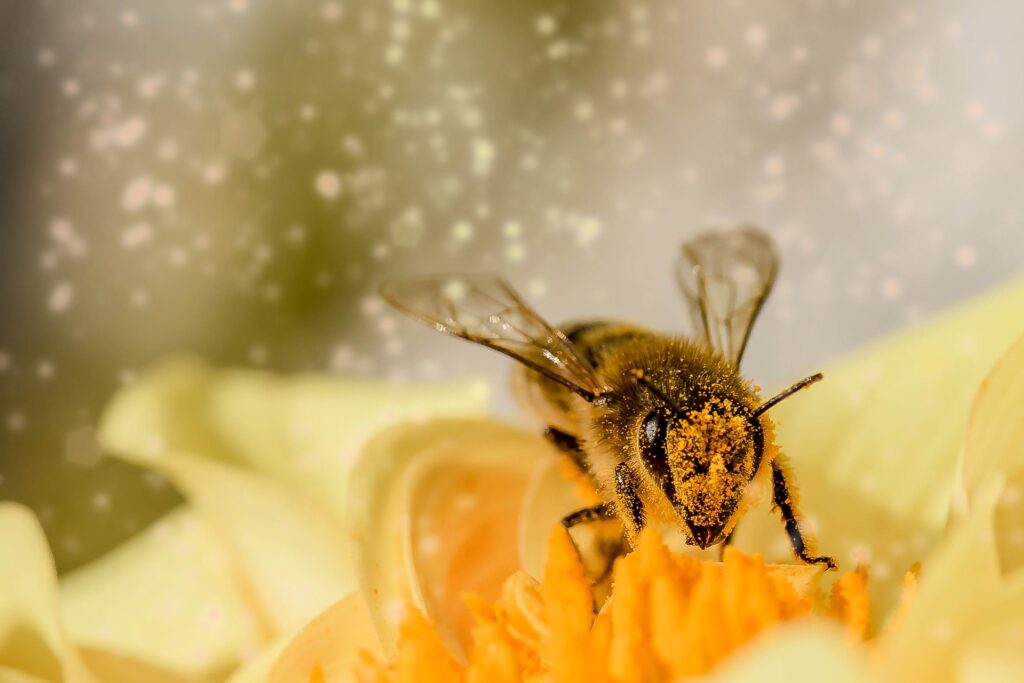Climate change has had a significant impact on bee populations around the world, and this is especially true in Florida. The state’s warm and humid climate makes it a prime location for beekeeping. But it also means that bees are particularly vulnerable to the effects of rising temperatures, droughts, and storms. Some of the impacts include:
Loss of Natural Habitats
One of the most significant impacts of climate change on bee populations is the loss of their natural habitats. As temperatures rise and droughts become more frequent, many of the plants and flowers that bees rely on for food and nesting sites are disappearing. This can make it difficult for bees to find the resources they need to survive. And can lead to a decline in bee populations.
Increased Frequency and Severity of Storms
Another major impact of climate change on bee populations is the increased frequency and severity of storms. Strong winds and heavy rains can damage or destroy bee hives, making it difficult for bees to recover. Additionally, the warmer temperatures associated with climate change can also increase the risk of diseases and pests, which can further harm bee populations.
Effects on Plants and Flowers
Climate change also impacts the timing of the blooming of plants and flowers. As the temperature changes, the timing of blooming shifts. This can disrupt the timing of when bees need to forage for food. Meaning that the bees may not have access to the resources they need at the time when they need them. This can also lead to a decline in bee populations.
The Decline of Bee Populations
Bees are an essential part of our ecosystem. They play a critical role in pollinating many of the plants and crops that we rely on for food. They also play an important role in the pollination of native plants and flowers, which are essential to the health of our ecosystems. As a result, the decline of bee populations due to climate change can have serious consequences. Not only for the bees themselves, but also for the plants, animals, and people that rely on them. The decline in bee populations also affects the beekeeping industry.
As bee populations decline, it becomes more difficult for beekeepers to maintain healthy hives and produce honey. This can have a significant impact on the beekeeping industry, which is an important source of income for many farmers and rural communities.
In Conclusion
To address the impact of climate change on bee populations, it is important to take steps to protect and conserve bee habitats. This can include:
- planting more flowering plants and trees;
- creating more green spaces;
- reducing the use of pesticides and other chemicals that can harm bees.
Additionally, beekeepers can also take steps to protect their hives from storms and other extreme weather events, and to provide their bees with the resources they need to survive. Contact All Bees Removal to learn more.


